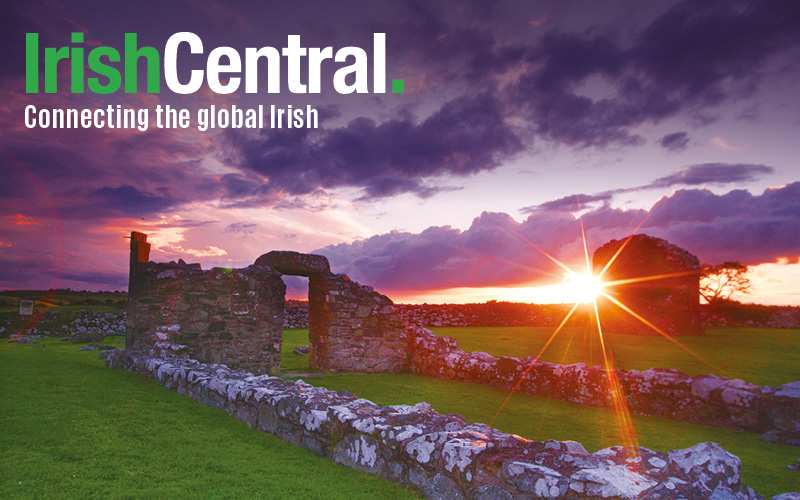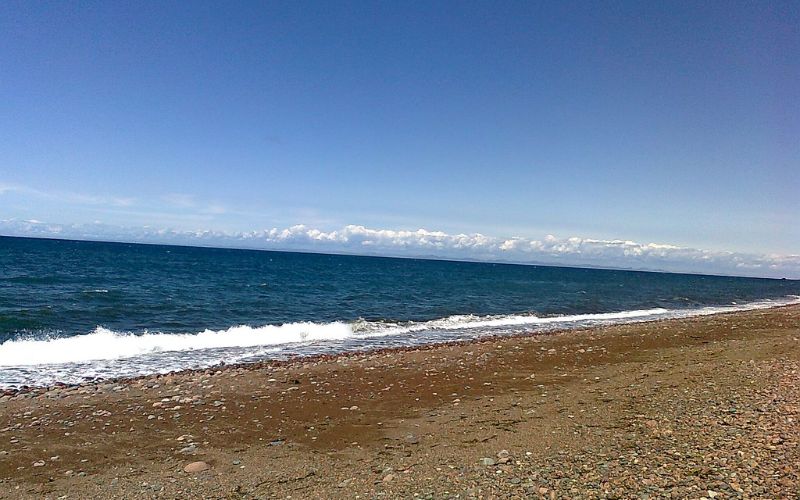Big news out of Lebanon this week, where Patsy Fagan’s opened up just in time for St. Patrick’s Day celebrations. The newly-opened bar was described as Lebanon’s “first authentic Irish pub.”
This is Lebanon, Pennsylvania, mind you, not Lebanon in the Middle East, bordering Israel and Syria. (Talk about a place where one could certainly use an Irish pub!)
But even if Patsy Fagan’s did, in fact, open in downtown Beirut, who would be surprised at this point? By one estimate there are “authentic Irish pubs” in something like 50 countries, with Italy leading the way with as many as 100 Hibernian-themed saloons.
Of course, not everyone is so thrilled with this. In a new book called "A Pint of Plain: Tradition, Change and the Fate of the Irish Pub," author Bill Barich explores the export of the “Irish pub concept” with a certain amount of skepticism.
This is understandable. Aspiring bar owners (willing to pay a fee) are furnished with a business plan -– offering details on everything from locale to décor — which will allow their pub to seem as authentic as any in Dublin or Galway.
Barich’s point, which he makes with impressive subtlety, is that manufacturing authenticity is a dodgy undertaking at best and a complete fraud at worst.
A broader point Barich and many others make is that there seems to be a crisis when it comes to figuring out what, exactly, is authentically Irish these days.
God knows, this month, we have been told to feast upon authentic Irish soda bread, listen to authentic Irish tunes, read authentic Irish poetry, sip authentic Irish tea and even imagine an authentic Irish vacation, if we pluck down some cash and hop on a plane.
Obviously, much of this is not about Irish culture but about making money.
City officials and organizers of the big parade down Fifth Avenue were proud this week to talk about tradition and pageantry, but also the fact that March 17 is the biggest day of money-making in Manhattan with the exception of the big shopping day after Thanksgiving.
But is this really so wrong?
Sure, it’s unseemly to market the likes of James Joyce and Jonathon Swift in order to sell pints and chicken wings. On the other hand, we’ve all at some point been seated next to a member of what we might call the IAP –- the “Irish Authenticity Police.”
They’re the first to tell you -– loudly and proudly -– what aspect of some Irish experience is, in fact, bogus and fraudulent. You start with the basics, such as the fact that corned beef and cabbage has little to do with anything on the island of Ireland. Then you move up the line, dismissing certain kinds of Irish music, or supposed Irish personality traits.
It’s not that the Authenticity Cops are necessarily wrong. But, inevitably, their sure-handed grip on what is “truly” Irish is going to become slippery as well.
We’ve seen this endlessly since younger, more educated Irish started coming to New York in the eighties, shaking up American notions of what it means to be Irish.
Well, what are we going to say when it’s not a guy named Tim or Pat but the Irish-born children of Polish or Nigerian immigrants who decide it is their turn to make the journey from Ireland to New York? What kinds of pubs will they open, and poems will they write?
It’s interesting to add that Ireland, island of writers, is still producing authors like crazy, many of whom are writing about anything and everything but Ireland. That’s a bit of an exaggeration, but authors as acclaimed as Colum McCann, Joseph O’Neill, Colm Toibin and John Boyne have all recently written excellent books about utterly non-Irish subjects.
Does that make them any less Irish? Arguably, these days, it makes them more Irish.
Ideally, of course, we would cut down on the blarney which blows in every March. At the same time, it might also be helpful if the blarney whistleblowers - the Authenticity Police - also turned down the volume a bit.
After all, authentic or not, if I found myself in any place called Lebanon, I think I’d be glad to stumble upon an Irish pub.
(Contact “Sidewalks” at [email protected])




Comments